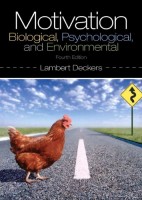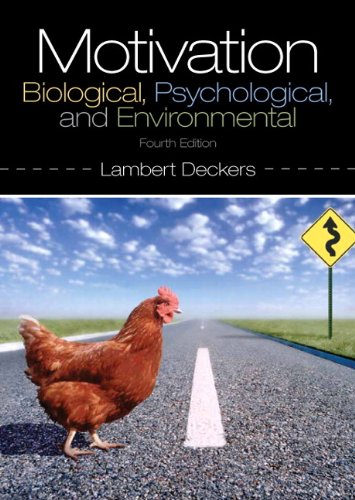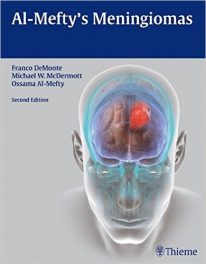 Author: Lambert Deckers
Author: Lambert Deckers
Publisher: Pearson – www.pearsonhighered.com – 442 pages
Book Review by: Sonu Chandiram
On a basic level, motivation as defined by the author of this book as that which moves one to action, or more precisely, that which moves someone to cognition, feeling, and action. It refers to the “why” of behavior, not the “how,” and it is the reason we feel and are moved by some events and not others.
Human beings are moved to action by different types of factors, the main ones being biological, psychological, and environmental, as the title of this book indicates.
What moves you to see, feel, and act in certain ways? Think about the motivating reasons relating to your own biological makeup, your psychological background, and your current environment. Your sets of reasons may be similar in some ways to mine, but they can never be the same because the psychological science of motivation is a complex one, as you will discover in this unique book focused on this subject.
Not only that, everyone’s hierarchy of values – what is important, in what order, and in what area of life – is different from others’ hierarchies.
Lambert Deckers takes an extensive or broad, and intensive or deep, look at motivation in this book. We give you here a brief overview of its coverage by naming the titles of its chapters:
- Introduction to Motivation and Emotion
- The History of Motivation and Emotion
- Evolutionary Antecedents of Motivation
- Addictions and Addictive Behaviors
- Homeostasis: Temperature, Thirst, Hunger, and Eating
- Behavior, Arousal, and Affective Valence
- Stress, Coping, and Health
- Drives and Psychological Needs
- Personality and Motivation
- Extrinsic and Intrinsic Motivation
- Goal Motivation
- Economics of Motivation
- Emotions and Moods
- Emotions as Motives
What is new in this fourth edition?
- New material on psychological needs
- New findings and interpretations about personality traits
- Goal motivation, including a new formulation for understanding it
- New theory concerning the paradox of too many choices
- New interpretation of what emotions are
For online resources available to you, go to www.MySearchLab.com. MySearchLab includes a Pearson eText, research, and writing resources that can help you in any course. The Pearson eText can be accessed through mysearchlab.com or through the Pearson eText app for Android and Apple tablets. MySearchLab has been designed with one single purpose – to improve the academic success of all higher education students, one student at a time.
To order this text with MySearchLab use ISBN 0-205-96109-6. Two supplements are also available:
Instructor’s Manual and Test Bank (0-205-94108-7). This provides support material, class enrichment information, and a wealth of assessment questions. Corresponding to chapters in the text, each of the manuals chapters contains discussion questions, website suggestions, and a test bank, which includes multiple choice and essay questions.
PowerPoint Presentation (0-205-94102-8). This is an exciting interactive tool for use in the classroom. Each chapter pairs key concepts with images from the textbook to reinforce student learning.
At the beginning of each chapter you will find a pair of quotations pertaining to the chapter title; a tip from the author; and a set of questions. The organization of material in the chapters by Deckers is just superb, and is intelligently designed to enable you the student to:
- Compare and contrast opposite views
- Get tips on what to think about when reading the list of questions
- Read the questions and think of possible answers to them
For example in chapter 3 – Evolutionary Antecedents of Motivation – Lord Chesterfield is quoted as saying in 1747:
Human nature is the same all over the world, but its operations are so varied by education and habit that one must see it in all its dresses in order to be entirely acquainted with it.
But Abraham Lincoln expresses an opposite view (quoted sometime between 1809 and 1865):
Human action can be modified to some extent, but human nature cannot be changed.
Deckers, addressing students, writes: “In reading this chapter, keep the following questions in mind. They concern universal dispositions, which are characteristic of all people and which play a role in motivating certain behaviors.”
He presents a set of six questions, but we’ll offer just one of them below, to give you an idea of how he gets students thinking of what they read, and pondering about possible answers:
“What is human nature, and how does it relate to motivation and emotion?”
This is a great book to learn about motivation, and Lambert Deckers has done an outstanding job presenting, giving examples of, and discussing the relevant topics.
For your benefit and to satisfy your thirst for more information on subjects related to motivation, this book contains a list of hundreds of References towards its end. that is 36 pages long. Among those, more than 250 references are new to this edition.
Lambert Deckers is a professor of psychological science at Ball State University in Muncie, Indiana. He has taught a course in motivation and emotion for 40 years and has also taught courses in the psychology of learning, and the history and systems of psychology.
Professor Deckers is a member of the Society for the Study of Motivation, a charter member of the Association for Psychological Science, and has conducted research in the psychology of humor in the United States and Germany.







